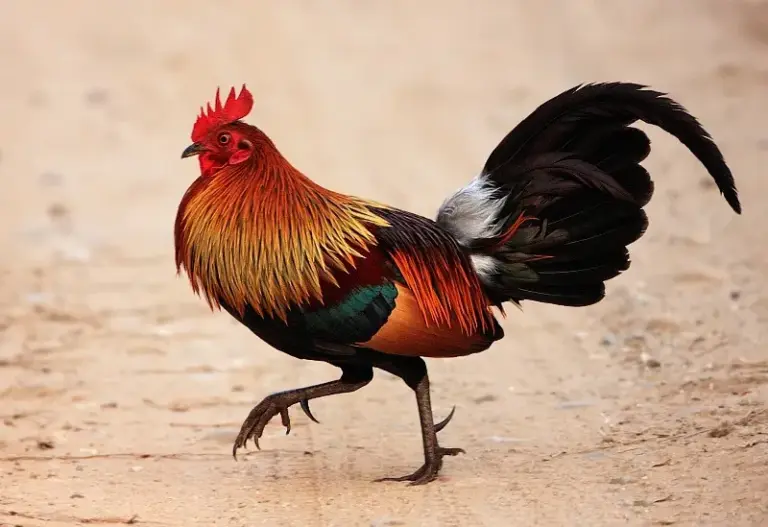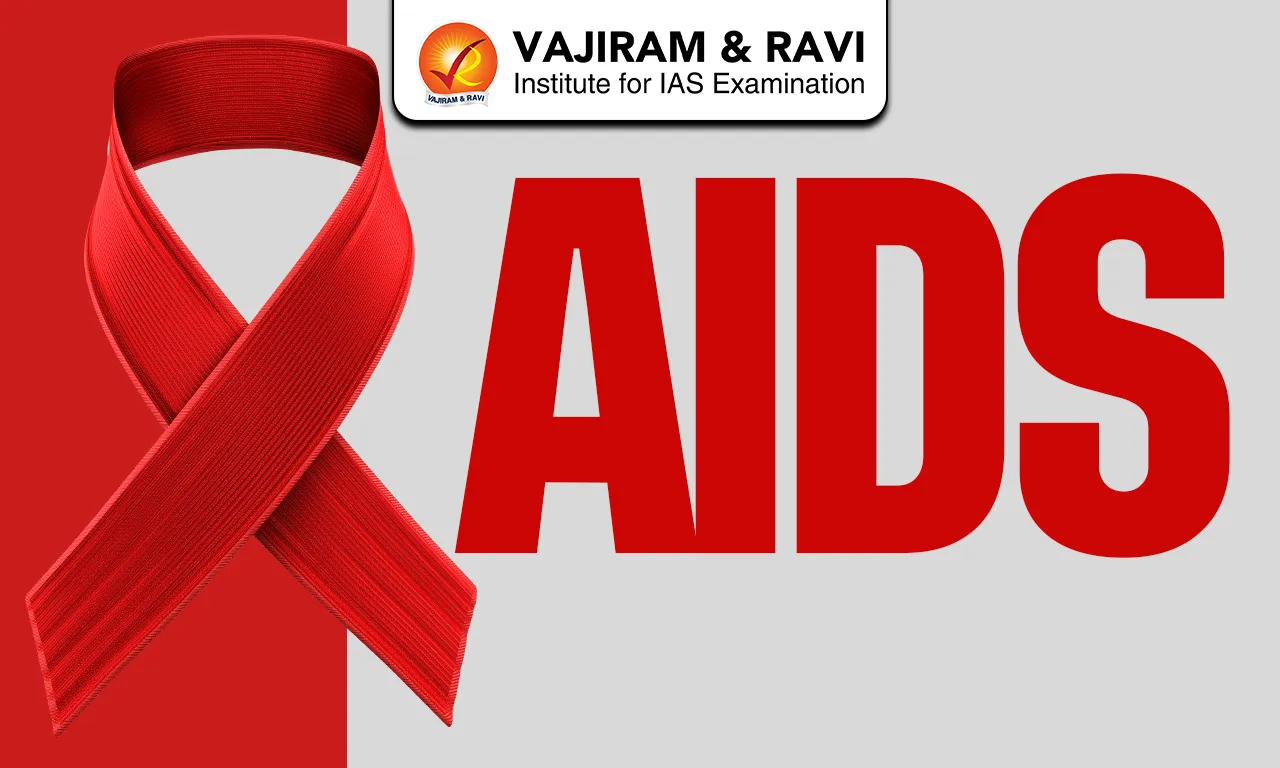Key Legal and Environmental Implications
- Wildlife (Protection) Act, 1972: The Grey Junglefowl is listed under Schedule I, providing it with the highest level of legal protection.
- Hunting or consuming this species is a criminal offence, punishable under the Act.
- Sections of Bharatiya Nyaya Sanhita (BNS):
- Section 353(2): Pertains to spreading false information that promotes hatred.
- Section 356: Addresses defamation or intentional harm to reputation.
- Cultural Sensitivities: The incident highlights the need to preserve local traditions while ensuring adherence to environmental laws.
About the Red Junglefowl (Gallus gallus)
- Significance: The Red Junglefowl is a tropical pheasant species and the wild ancestor of the domestic chicken, making it vital for understanding avian domestication.
- It is native to India, Indo-China, Malaysia, and surrounding regions.
- Habitat: It is found in diverse habitats like primeval forests, dry scrublands, and secondary growth woodlands.
- Despite being listed as Least Concern by the IUCN Red List, the species faces threats from habitat loss and hybridization with domestic chickens.
- Threats:
- Hybridization: Feral domestic chickens and intermediate subspecies threaten the genetic purity of wild populations.
- Lack of Awareness: Insufficient education on the importance of preserving pure populations of the Red Junglefowl.
- Role in human history:
- Domesticated around 5,000 years ago in Southeast Asia, the Red Junglefowl became a crucial food source for early human societies.
- It was later introduced to Africa, South America, and Pacific Islands.
IUCN Status
- Category: Least Concern
- Reasons:
- Wide distribution: Found across a large geographical range.
- Stable population: Declines are not rapid enough to meet the criteria for vulnerability.
- Population size and trends, while not fully quantified, are believed to be sufficient to avoid vulnerable status.
Q1. What is the IUCN status?
The IUCN status refers to the conservation status of species as assessed by the International Union for Conservation of Nature (IUCN) through its Red List of Threatened Species. This list categorises species into several statuses, including Extinct (EX), Extinct in the Wild (EW), Critically Endangered (CR), Endangered (EN), Vulnerable (VU), Near Threatened (NT), Least Concern (LC), Data Deficient (DD) and Not Evaluated (NE).
News: ‘Jungli Murga’ on HP CM’s dinner menu? Police file case of defamation, fake news – The Hindu
Last updated on March, 2026
→ UPSC Notification 2026 is now out on the official website at upsconline.nic.in.
→ UPSC IFoS Notification 2026 is now out on the official website at upsconline.nic.in.
→ UPSC Calendar 2026 has been released.
→ UPSC Final Result 2025 is expected to be released soon.
→ Check out the latest UPSC Syllabus 2026 here.
→ Join Vajiram & Ravi’s Interview Guidance Programme for expert help to crack your final UPSC stage.
→ UPSC Mains Result 2025 is now out.
→ UPSC Prelims 2026 will be conducted on 24th May, 2026 & UPSC Mains 2026 will be conducted on 21st August 2026.
→ The UPSC Selection Process is of 3 stages-Prelims, Mains and Interview.
→ Prepare effectively with Vajiram & Ravi’s UPSC Prelims Test Series 2026 featuring full-length mock tests, detailed solutions, and performance analysis.
→ Enroll in Vajiram & Ravi’s UPSC Mains Test Series 2026 for structured answer writing practice, expert evaluation, and exam-oriented feedback.
→ Join Vajiram & Ravi’s Best UPSC Mentorship Program for personalized guidance, strategy planning, and one-to-one support from experienced mentors.
→ Check UPSC Marksheet 2024 Here.
→ UPSC Toppers List 2024 is released now. Shakti Dubey is UPSC AIR 1 2024 Topper.
→ Also check Best UPSC Coaching in India


















